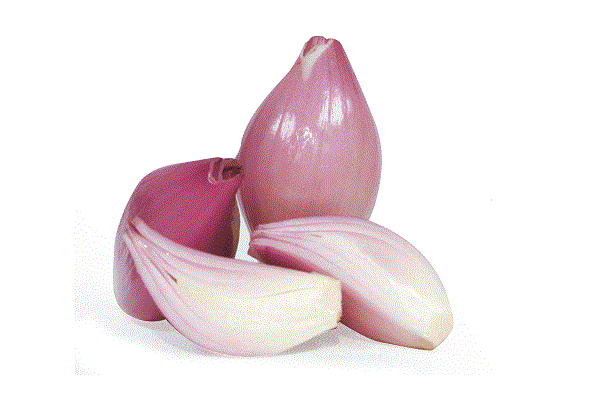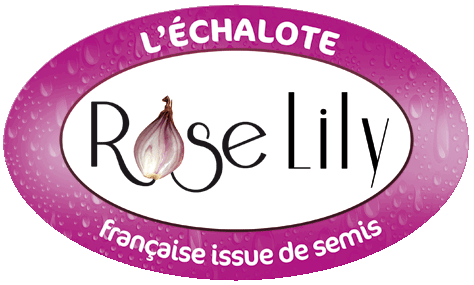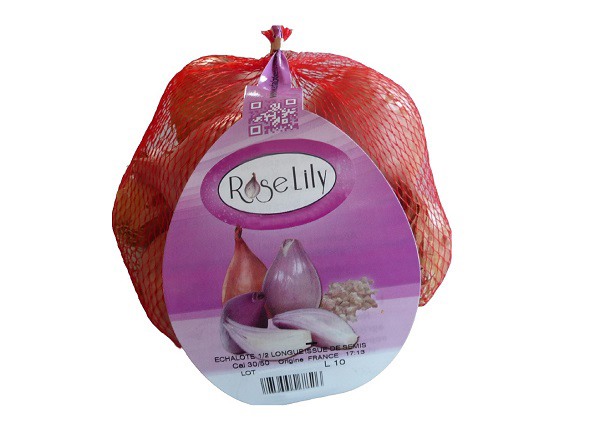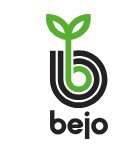Produced mainly in the Centre Val de Loire, Grand Est and Hauts-de-France regions, seedling shallots still represent a minor part of the French production, to the benefit of traditional shallots (mainly produced in Brittany and Pays de la Loire). In 2004, seedling shallots accounted for just 1% of French acreage. Ten years later, they had increased to 6%, and they now represent 8% of the surface area. Yannick Chevray, head of marketing and sales support at Bejo France, outlines the current situation of shallot production in France, its potential for growth, its many production advantages, and the promotional work needed to boost consumption.

Unlike traditional shallots that are produced from a bulb (vegetative propagation), seedling shallots are produced from a sown seed.
Improving the image of seedling shallots Less popular than their traditional counterpart, seedling shallots are still “mostly unknown.” The main obstacle to their development, according to Yannick Chevray, is “the way the product is perceived,” despite the fact that it offers “numerous production advantages” and could therefore provide a solution to some of the problems encountered by growers. These include “higher yields, lower labor requirements (as seedling shallot production is mechanized), less polluting production (as the plastic used for mulching disappears). But above all, the advantage of starting from seeds is to have healthy, traced and certified material, free of viruses right from the start.” The group of seedling shallot producers wants to promote shallots produced from sown seeds through the registered Rose Lily brand, to “convey a positive, dynamic image and to emphasize the quality of the product.”
Less popular than their traditional counterpart, seedling shallots are still “mostly unknown.” The main obstacle to their development, according to Yannick Chevray, is “the way the product is perceived,” despite the fact that it offers “numerous production advantages” and could therefore provide a solution to some of the problems encountered by growers. These include “higher yields, lower labor requirements (as seedling shallot production is mechanized), less polluting production (as the plastic used for mulching disappears). But above all, the advantage of starting from seeds is to have healthy, traced and certified material, free of viruses right from the start.” The group of seedling shallot producers wants to promote shallots produced from sown seeds through the registered Rose Lily brand, to “convey a positive, dynamic image and to emphasize the quality of the product.”

80% of the varieties used for shallot production in France today are Bejo varieties. Several varieties are available for both conventional and organic production. The Innovator variety developed by the seed company is even resistant to mildew.
Besides their many advantages in terms of production, seedling shallots could also satisfy consumers thanks to their storage capacity. “When consumers buy a 250 or 500g net of shallots, they need to be able to keep it for a long time, because they are not going to eat them at every meal. Seedling shallots have a much longer shelf life.”
Revitalizing shallot consumption
By promoting seedling shallots, Bejo also hopes to help revitalize the consumption of a product that has been “running out of steam.” In a context of an aging population and changing consumer trends, Yannick Chevray explains that “there is real work to be done in this area. It is necessary to revisit the promotion of shallots, incorporate them into new recipes and target the younger generation. The goal is to promote shallots not only in France, but also beyond its borders, as “shallot consumption remains minimal in the rest of Europe.” And it is also through the Rose Lily brand, developed in German, Italian, Spanish, English and Dutch, that the producers hope to appeal to foreign markets.
For more information: Yannick Chevray
Yannick Chevray
Bejo France
« Beauchêne »
49250 Beaufort en Vallée
Phone: +33 (0)2 41 57 64 75
Mobile: +33 (0)6 07 95 44 95
y.chevray@bejo.fr
www.bejo.fr
